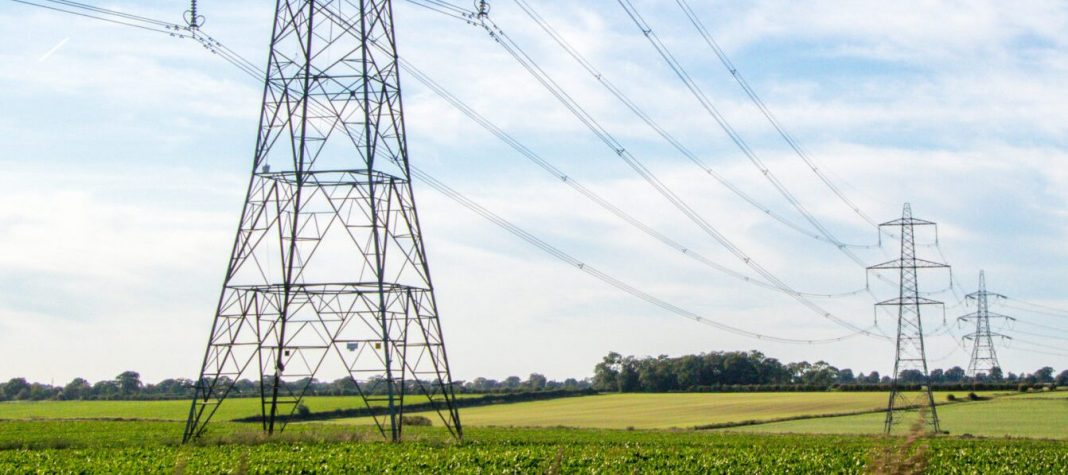Demand for energy in the UK will exceed supply by 2028, according to a new report by Public First commissioned by the Drax Group.
In its report, called ‘Mind the gap: Exploring Britain’s energy crunch’, Public First says that’s when we should expect a perfect storm of increased demand, retirement of existing assets, and delays to the delivery of Hinkley Point C, which will culminate in demand exceeding secure capacity by 7.5GW at peak times.
Richard Gwilliam, Drax Group’s UK BECCS Programme Director, said: “Delivering energy security is a critical and longstanding challenge for all governments. The need to maintain it while tackling climate change and rapidly decarbonising economies makes the issue all the more acute.
“This research demonstrates the UK is facing a power generation crunch point, with demand set to outstrip the supply of secure dispatchable and baseload capacity – leaving the UK reliant on intermittent forms of generation.
“To keep the lights on, part of the solution will be extending the lives of existing generation assets. Drax Power Station and our pumped storage and hydro power sites already provide secure, renewable electricity for millions of homes and businesses – but there’s more we can do.
“Drax plans to massively expand the generation capacity of Cruachan pumped storage power station in Scotland, some of which could be available to help bridge the power gap. Additionally, providing we secure the appropriate transitional support, our project to deliver two units of BECCS at our Selby site would also support energy security and decarbonisation through the crunch and well into the future.”
This predicted energy shortfall is more than three times the secure de-rated power that Sizewell C will be capable of providing to the system when its finished, and nearly double the 2022 gap. Uncertainty for biomass generators, which contribute over 3GW of secure dispatchable power, risks compounding the shortfall by nearly 50%.
The research underscores that energy security will be a key issue in the next Parliamentary term. Without additional action taken to make up the shortfall, the UK will be more dependent on intermittent power from international energy interconnectors and renewables like wind and solar.
The report states building additional new capacity is unlikely to have a material impact in time and that to deliver certainty the Government should:
- Extend the use of existing baseload generation assets which provide secure capacity, including nuclear plants scheduled to retire, and agree transitional arrangements for biomass operators that plan to install bioenergy with carbon capture and storage (BECCS) technology.
- Work to reduce peak demand by encouraging flexibility and installing more home insulation.



